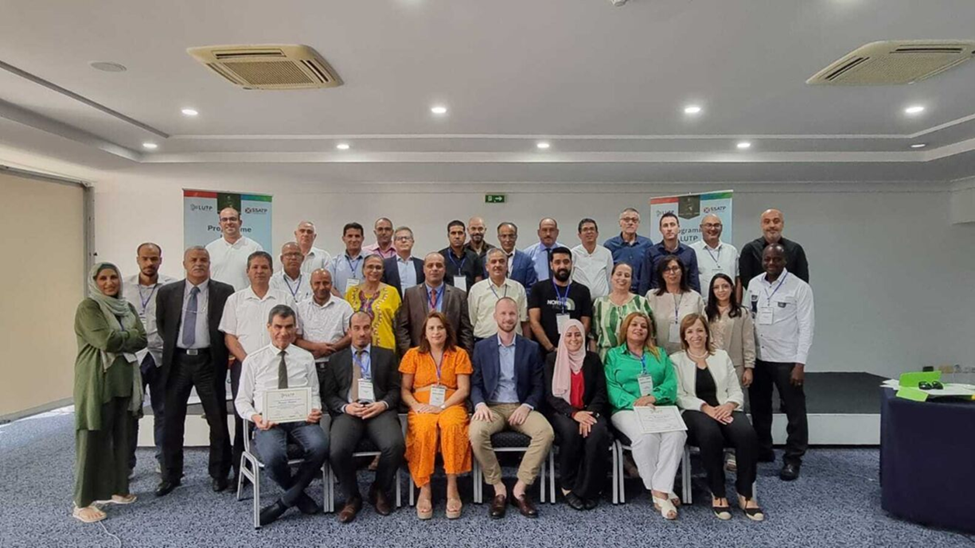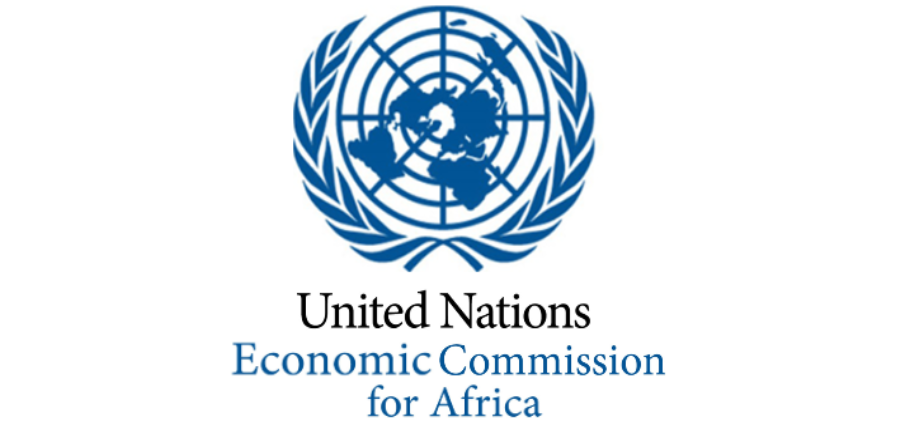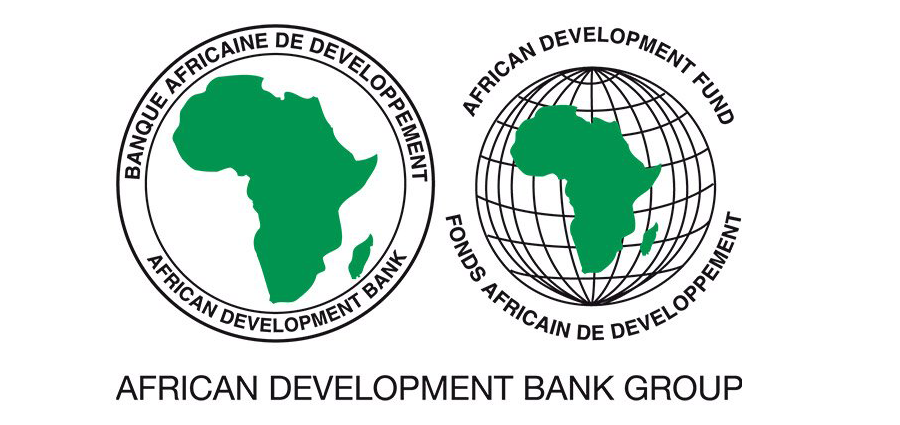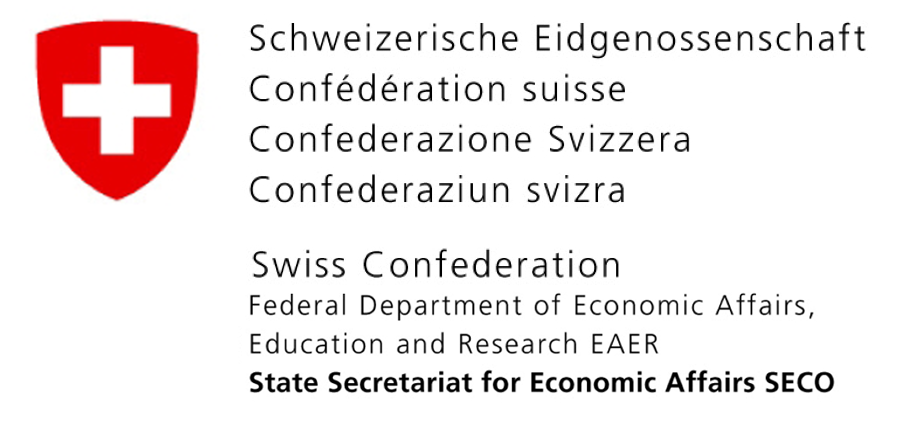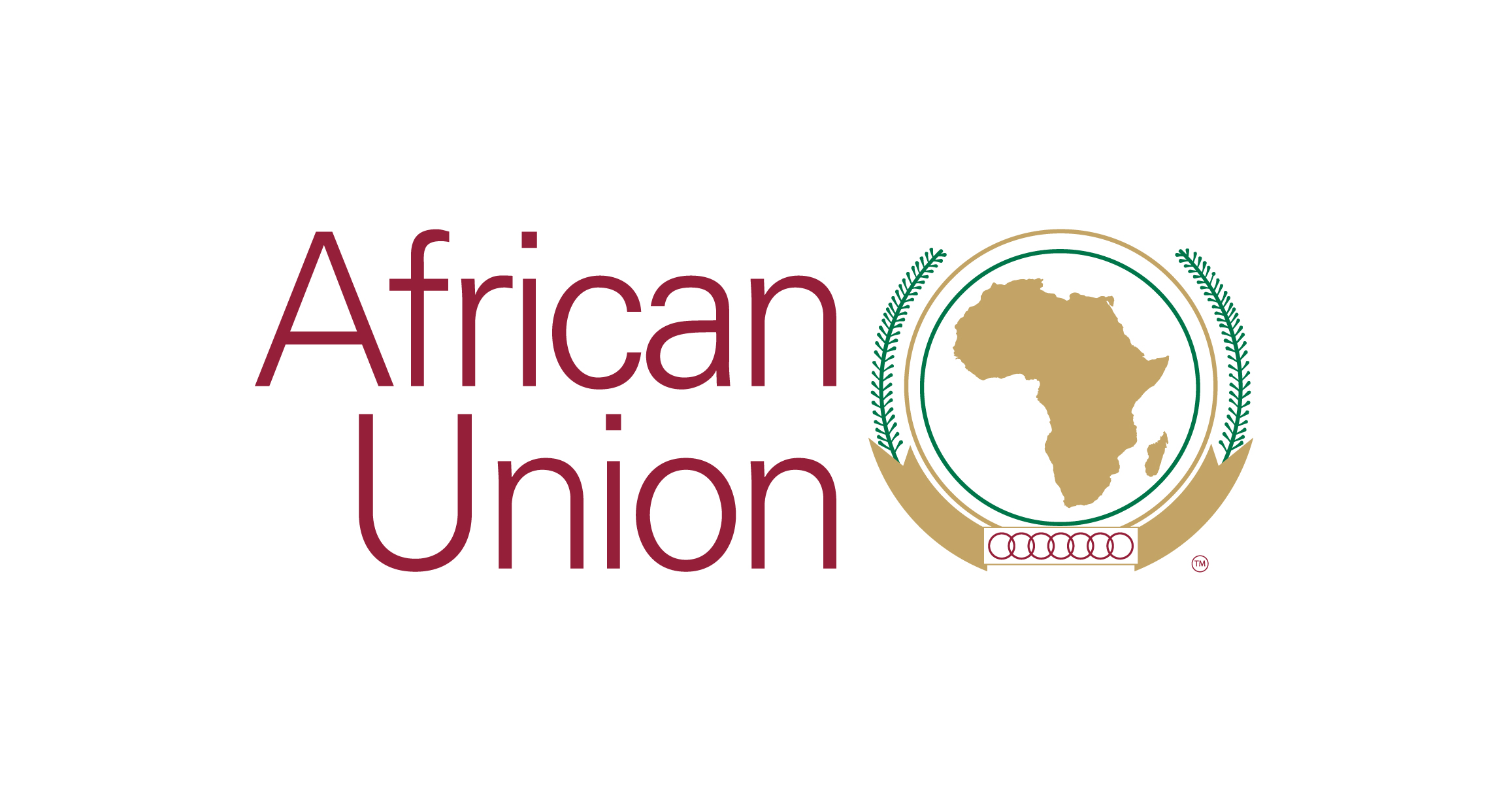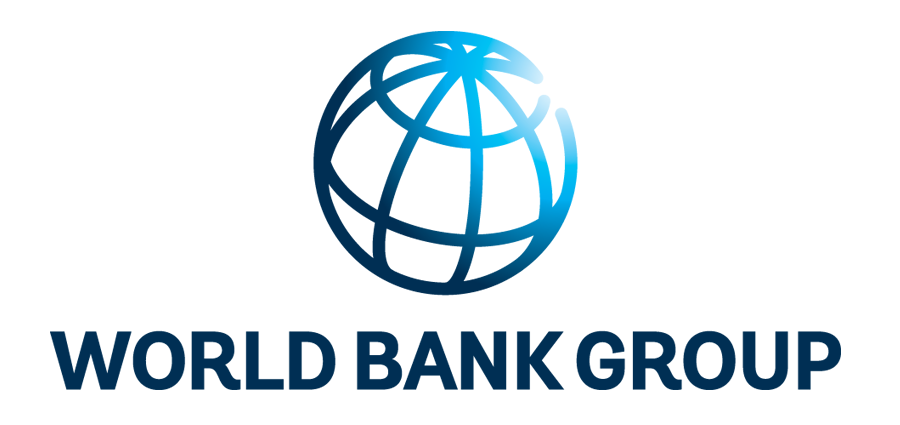Forging Ahead: Tunisia's Urban Mobility Leaders Prepare for Implementing the New National Urban Mobility Policy (NUMP)
Tunisia stands out among African nations for its proactive approach to ensuring urban populations enjoy efficient mobility and accessibility over the long term. Notably, the Tunis urban light rail, spanning 45 kilometers and operationalized between 1985 and 1992, exemplified visionary investment ahead of its time. However, Tunisia's historically centralized urban mobility system focused on large-scale infrastructure projects with little coordination between urban growth, road network development, and public and non-motorized transport. This approach proved to be inadequate given the country’s evolving social, economic, and macroeconomic landscapes.
In 2020, recognizing the need for a paradigm shift, the Tunisian government introduced a new National Urban Mobility Policy (NUMP). The policy focuses on the decentralization of responsibilities, funding reforms, multimodal approaches to urban mobility, and prioritizes public and non-motorized transport. Crucially, updating staff skills and disseminating knowledge on the good practices and experiences of other countries became imperative for successful NUMP implementation.
To address these needs, Tunisia's Ministry of Transport requested the support of the Africa Transport Policy Program (SSATP) and the World Bank's Leaders in Urban Transport Planning (LUTP) team to organize a high-level capacity building workshop from October 23-27, 2023, in Gammarth, near Tunis.
Notable workshop takeaways:
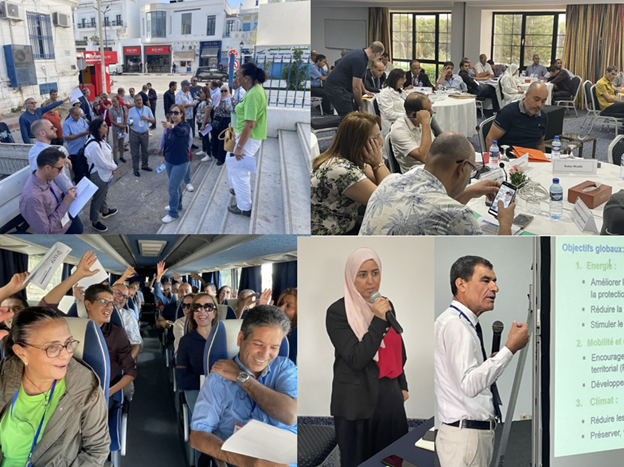
- Participation: Approximately thirty Tunisians, along with two specialists from the Moroccan Ministry of Interior’s Directorate of Urban Mobility and Transport, attended the workshop. Participants, of which 28 percent were women, hailed from diverse backgrounds, comprising managers from municipal governments and regional units of the Ministry of Transport and Equipment, as well as representatives from civil society organizations and academia (totaling 15 percent of participants). The workshop fostered unity among urban development, road infrastructure, and transport specialists, overcoming the traditional silo effects of the different disciplines.
- Program Highlights: Informed by a 2021 Ministry of Transport assessment of staff skills, the workshop featured an intensive curriculum covering strategic sector challenges, governance improvements, public transport reforms, sector financing, as well as the development of small-scale infrastructure projects (as “quick wins”) and traffic management in a multimodal framework. Climate change mitigation emerged as a key transversal theme throughout the workshop. Through case studies, group exercises, roleplaying games, and peer-to-peer learning, participants gained a comprehensive understanding of the complexities and multifaceted nature of the urban mobility sector. Despite being challenged by the scope of the workshop's content, participants expressed high levels of satisfaction and stimulation from their exposure to new themes.
- Field Visit: A central feature of the workshop was the field visit to two suburban municipalities north of Tunis, including Carthage, known for its historical significance as a major Mediterranean city over two millennia ago, and currently housing the Tunisian presidential office. The excursion offered participants firsthand insights into the practical dynamics of urban mobility interactions, exploring the nexus between urban development and mobility, public transport accessibility, non-motorized transport, project implementation challenges, and the efficient utilization of public space. This experience fostered camaraderie and facilitated the sharing of experiences among participants.
- Practical Focus: Designed for practitioners who are actively engaged in addressing complex mobility challenges daily, the workshop featured case studies, practical examples, and discussions on concrete improvement measures. Feedback from attendees highlighted the workshop's effectiveness in enhancing their understanding of the intricate and interconnected nature of mobility challenges. They also noted significant improvements in grasping multimodality and recognizing its potential to enhance mobility system efficiency. Furthermore, participants emphasized the need for integrated solutions tailored to Tunisia's unique historical, social, cultural, and economic context. A particularly noteworthy highlight was the passionate discussion on gender issues in urban mobility, underscoring the importance of aligning solutions with broader societal changes in Tunisia.
- Future Steps: The workshop's success will be furthered through a mentoring program focusing on eight relevant subjects identified during the workshop. Groups formed during the workshop will refine their learning objectives and support needs. SSATP will connect each of them to a high-level mentor that will provide personalized guidance with the aim of deepening their understanding of and capabilities in one of these subjects.
In conclusion, the workshop marked a significant milestone in Tunisia's journey towards redefining urban mobility paradigms, equipping stakeholders with the tools and knowledge needed for successfully implementing the new National Urban Mobility Policy (NUMP). The workshop's emphasis on practical strategies, interdisciplinary collaboration, and knowledge sharing equipped participants with the tools necessary to drive positive change in Tunisia's urban transportation landscape. As participants transition into the mentoring phase of the program, they are poised to further deepen their expertise and contribute meaningfully to the realization of a more accessible, sustainable, and inclusive urban mobility system in Tunisia.
